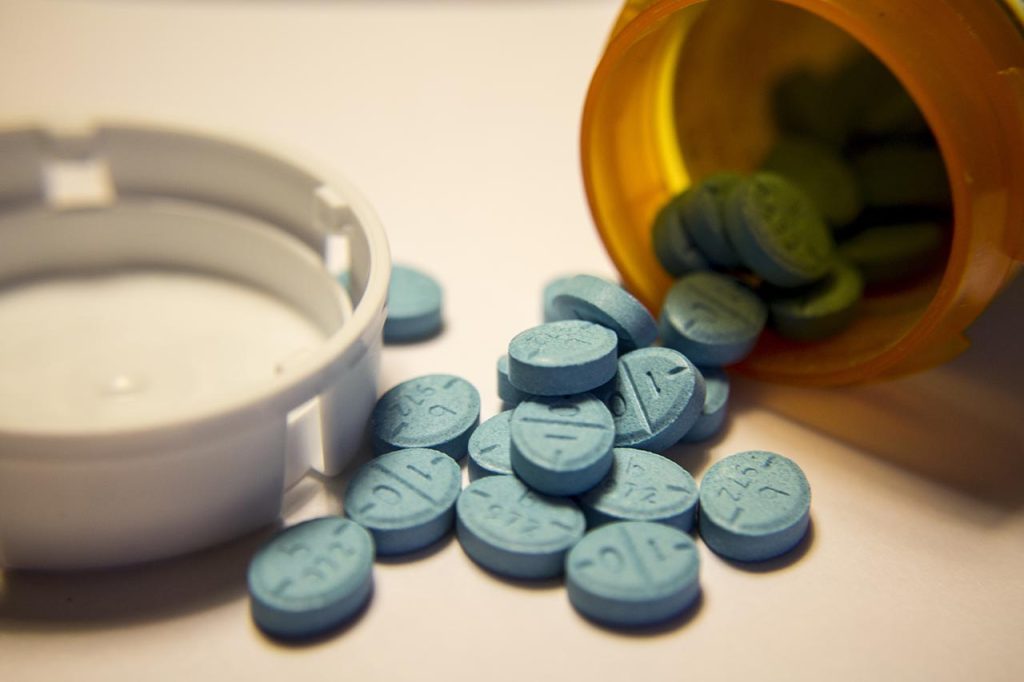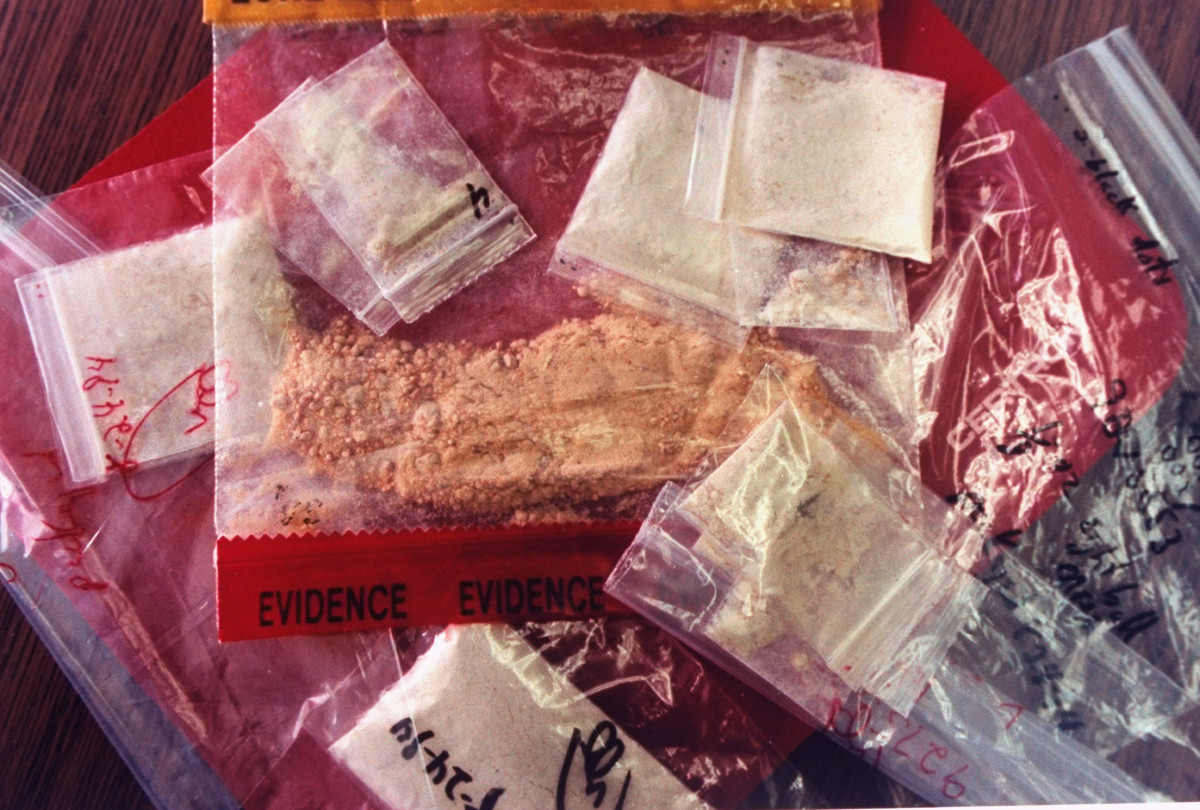ADHD Methamphetamine Side Effects
Methamphetamine is an amphetamine used in treating ADHD. Although it is not addictive, it can make users drowsy. It should only be used as part of a comprehensive treatment program for ADHD. A holistic approach may include counseling and special education for the child. Read on to learn more about this powerful stimulant and its side effects. But, beware of its side effects!
Methamphetamine is a type of amphetamine
Methamphetamine is a stimulant, marketed as a prescription drug. This drug has become a popular recreational drug, used for various purposes, including treating ADHD and obesity. It is also available in an illegal form, known as crystal meth, methamphetamine adhd is usually mixed with household chemicals, including battery acid, drain cleaner, and paint thinner.
The substance is easily accessible and was frequently abused. Students, athletes, and truck drivers were among the most commonly abused groups of the drug. Amphetamines were even given to soldiers as a way to improve their endurance in battle. Today, people may also abuse these drugs to control their appetite or lose weight. One study from 2017 found that two percent of Ontario students reported non-medical use of ADHD stimulants in 2017.

It is a blood pressure medication
Methamphetamine is a stimulant that affects the central nervous system. It is commonly used for ADHD and narcolepsy. Users of methamphetamine usually experience a binge-and-crash pattern. In some cases, users may experience a high that lasts for several days. In these cases, it may be best to consult a doctor to determine the best dosage and frequency of treatment.
Methamphetamine is contraindicated for patients with advanced arteriosclerosis, symptomatic cardiovascular disease, or moderate-to-severe hypertension. In addition, methamphetamine is not appropriate for patients with severe cardiac disease or a history of heart failure. Patients with cardiovascular problems should also avoid methamphetamine and other stimulant medications. These medications can increase heart rate and blood pressure, and can cause dangerous side effects.
It can cause cardiorespiratory arrest
In California, methamphetamine use has been linked to an increase in heart failure hospitalizations and costs. The drug is often seen as a disease of the working class, but it is sweeping rural areas. Researchers are developing a statewide awareness campaign and analyzing national data to better understand the problem. A recent study shows methamphetamine overdose deaths are increasing.
Methamphetamine is a stimulant drug, used to treat obesity and attention deficit hyperactivity disorder. It works by mimicking the actions of natural chemicals in the body. It stimulates the central nervous system, increases concentrations of neurotransmitters, blocks the reabsorption of neurotransmitters, and inhibits monoamine oxidase. While methamphetamine is an intoxicating drug, the heightened effects of the drug can cause cardiac arrhythmias, or even cardiorespiratory arrest.

It can cause rhabdomyolysis
The side effects of ADHD medications can include rhabdomyolysis. It is a process in which muscle fibers break down and release a protein called myoglobin into the bloodstream. This protein can damage the kidneys by blocking their ability to filter it out. The symptoms of rhabdomyolysis include pain, tenderness, and muscle spasms.
In a recent FDA approval, drug makers were required to add a warning on the drug’s label that warns of this possible side effect. The warning comes amid concern about overprescribing ADHD drugs and their potential for harm. The changes come as part of the agency’s broader efforts to ensure the safety of ADHD drugs. The FDA’s changes are not a guarantee that methamphetamine won’t cause rhabdomyolysis, but it is a good start.
It can cause aggression
Children exposed to methamphetamine during their pregnancy may be more likely to exhibit emotional and behavioral problems, a study indicates. The children were found to be more anxious and depressed than their non-exposed counterparts, and they also exhibited more aggression and aggressive behavior when they were five years old. The study also found that children exposed to methamphetamine were more likely to have ADHD symptoms at age five.
Methamphetamine, or Desoxyn, is a stimulant drug prescribed for attention deficit disorder. It can improve attention and reduce impulsive behaviour. It should only be taken as part of a comprehensive ADHD treatment program. Methamphetamine increases the activity of norepinephrine and dopamine in the brain, which affects attention and behavior. The typical dose of methamphetamine is 20 to 25 milligrams daily. It’s recommended that users avoid performing activities that require mental concentration or driving while on this medication.
It can cause suicidal ideation
Methamphetamine is used to treat ADHD. But it has a very dangerous side effect: it can cause suicidal ideation. There have been cases of sudden death, heart attack, and stroke. People with heart conditions and other mental illnesses should avoid stimulants, including methamphetamine. In addition, children with bipolar disorder should avoid the drug if they have a history of depression.
Methamphetamine for ADHD is a powerful stimulant drug. It can cause a variety of effects, including euphoria, delirium, confusion, hallucinations, and toxic psychosis. Suicidal ideation has also been reported in children who have been prescribed the drug. However, the researchers did not find any evidence that the drug caused the suicidal thoughts in children.
